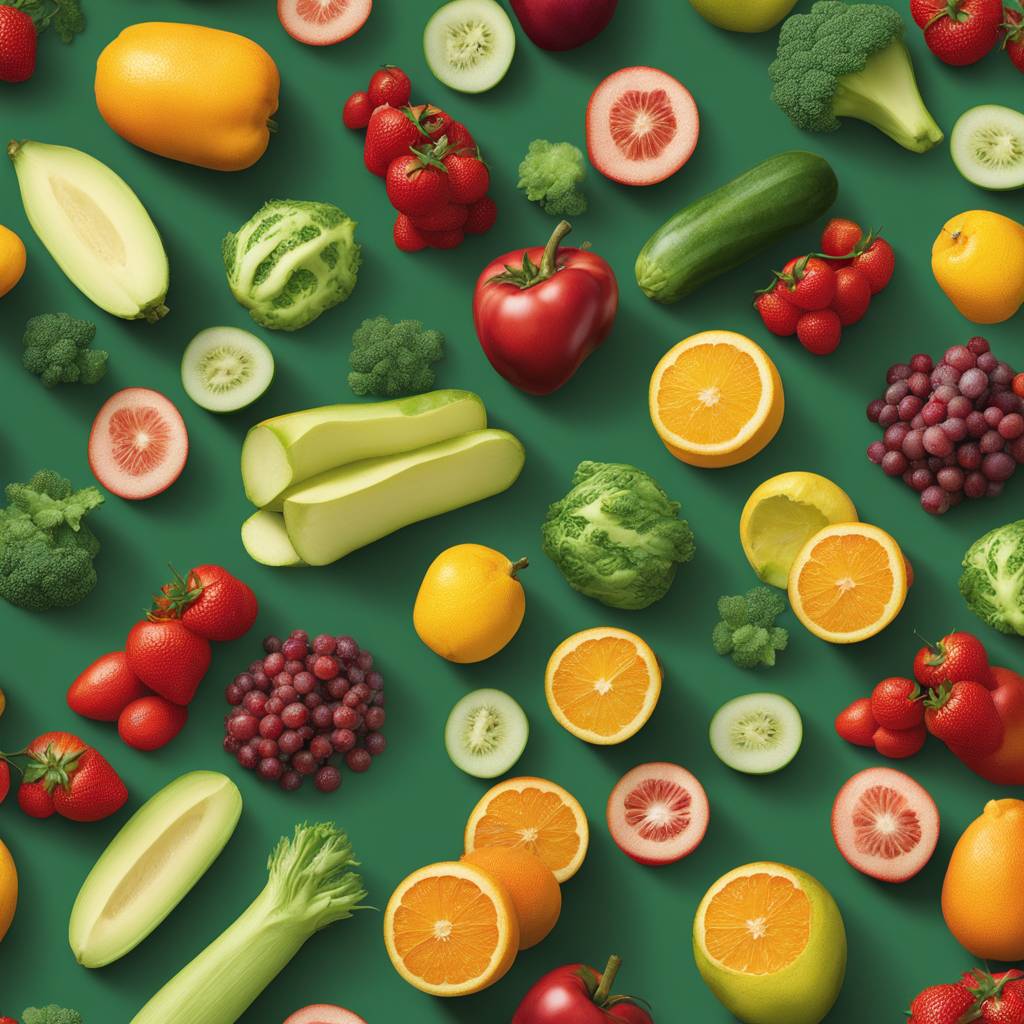The federal program that helps low-income women and young children access nutritious food, known as the WIC program, is receiving permanent increases in funds for fruit, vegetables, and other vital staples. This program provides monthly grocery benefits to almost 6.6 million mothers and children up to age 5 in the United States. The changes announced on Tuesday are the first update to WIC food packages in a decade and are based on recommendations from the National Academies of Sciences, Engineering, and Medicine, as well as the current federal Dietary Guidelines for Americans. Agriculture Secretary Tom Vilsack stated that these changes will strengthen WIC by ensuring that participants receive foods that reflect the latest nutrition science.
The revisions to the WIC program finalize a rule that was proposed by the USDA in November 2022. These changes make permanent an increase in monthly cash vouchers for fruits and vegetables, which was first introduced during the pandemic. Participants will also have more flexibility to accommodate dietary needs and cultural preferences, such as expanded whole grain options and nondairy substitutions. State WIC agencies have two years to implement all the changes, with the fruit and vegetable benefit bump needing to be codified in the next 60 days. Georgia Machell, of the National WIC Association, praised the updated nutrition standards and urged states to implement them quickly, citing the importance of increasing participants’ purchasing power for healthy foods, especially in times of rising food insecurity.
While the WIC program revisions include increases in funds for fruits, vegetables, and other healthy foods, there are also reductions in the allowable quantities of milk and juice for participants. These reductions are aimed at better balancing diets and aligning with guidelines on limiting juice consumption set by the American Academy of Pediatrics. The changes made by USDA in its final rule do not fully align with all recommendations made by the National Academies of Sciences, Engineering, and Medicine, as they opted for certain limits and requirements regarding whole grains and added sugars in breakfast cereals and yogurt.
The Biden administration recently secured over $7 billion to fully fund the WIC program for fiscal year 2024 after facing a $1 billion shortfall earlier in the year. This program, which has a proven track record of improving health outcomes and reducing health care disparities, still has low participation rates, with just over half of all eligible individuals actually participating. Cindy Long, administrator of the USDA Food and Nutrition Service, expressed optimism about the wide-ranging benefits that the new changes to WIC will bring, highlighting the importance of providing access to healthy foods for low-income women and children.













